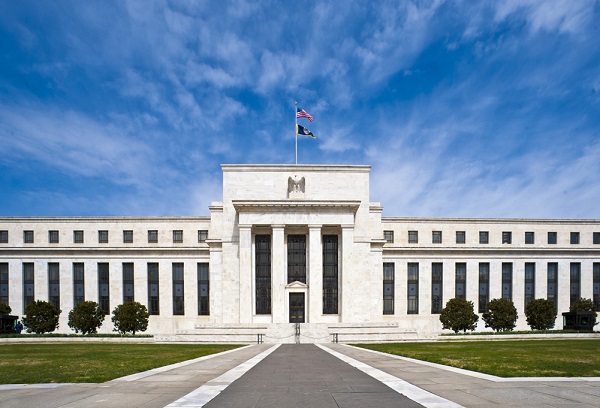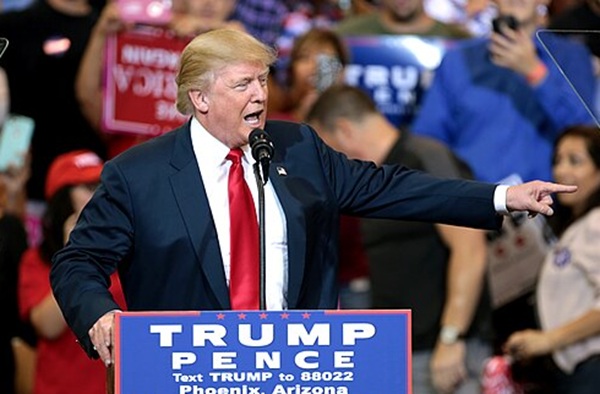.png)
By Hilary J. Allen
Hilary J. Allen, Professor of Law at the American University Washington College of Law, is the author of Driverless Finance: Fintech’s Impact on Financial Stability (Oxford University Press, 2022).
September 30, 2025 at 7:12 PM IST
With the passage of the GENIUS Act, the United States will allow all manner of companies (including the largest tech platforms) to issue their own money in the form of crypto assets known as “stablecoins.” With a single piece of legislation, Congress has made the US financial system more vulnerable to crises, increased the chances of government bailouts for tech platforms, and further entrenched Silicon Valley’s already substantial political power.
Nor do the risks end there. By blessing a less regulated alternative to bank deposits, Congress may have created conditions that will choke off the flow of credit to productive enterprises, as well as circumscribing the US Federal Reserve’s ability to conduct monetary policy through open market operations.
Moreover, the House of Representatives recently passed the CLARITY Act, which would upend securities laws by creating gaping loopholes for assets whose ownership is recorded on a blockchain. The bill is not guaranteed to pass, now that other financial market players seem to be waking up to the dangers that could be unleashed by destroying the integrity of US capital markets. Yet the risk of it becoming law cannot be ignored. If it does, we will effectively be reverting to the “buyer beware” markets of the 1920s.
Making matters worse, these laws will inevitably create pressure for other countries to follow suit. Special interests and various constituents will pepper foreign lawmakers with arguments about not wanting to be left behind on innovation, and with concerns about local currencies being supplanted by US dollar-denominated stablecoins.
But it would be wrong to view America’s new crypto laws as examples of shrewd innovation measures or wise geopolitical policies. On the contrary, these bills are advancing at a time when the US is gutting public funding for scientific and technological research, raising serious doubts about the country’s commitment to innovation. Moreover, the dollar’s dominance rests on political and economic foundations, not the currency’s technological plumbing, and the administration’s trade policy and attacks on central-bank independence may end up threatening those foundations.
Even the crypto industry could come to rue these laws’ passage. As I explain in my book Fintech Dystopia, the industry owes its competitive edge not to blockchain technology but to regulatory arbitrage. It has prospered, so far, from playing by a more lenient set of rules than its regulated counterparts in the traditional financial sector.
Will it lose that edge as these laws unleash broader financial deregulation? In financial markets where no one can trust anything, why should we expect crypto, which already has a bad reputation among the vast majority of Americans, to boom?
If these laws are not in the long-term interest of the American people or even the crypto industry, what is motivating their passage? No doubt the crypto industry desires this legislation because it sees an opportunity for short-term profits and does not care about the legislation’s likely long-term effects. Occam’s razor – the principle that the simplest answer is usually the correct one – points directly to the fact that crypto industry-affiliated super PACs – financed primarily by Coinbase, Ripple, and Andreessen Horowitz – were responsible for an estimated 44% of all corporate expenditures on the 2024 election cycle.
But we also should factor in some of the unusual ideologies that hold sway in Silicon Valley. Consider the “Network State” movement. Championed by some key figures in the crypto industry, such as Brian Armstrong, the CEO of the crypto firm Coinbase, it aims to build social networks linked by cryptocurrencies that would opt out of the jurisdiction of national governments and eventually gain diplomatic recognition from real nation-states.
True adherents of this movement have no interest in making nation-states work better, and they would surely see the chaos following a financial crisis as an opportunity to advance their vision. For example, the online community Praxis (with backers including Silicon Valley heavyweights Marc Andreessen, Peter Thiel, and Sam Altman) states on its website, “as local communities dissolve and Nation States stumble … we’ll watch the flippening of Digital Nations over Nation States in real time.”
There is also an eschatological dimension to many Silicon Valley elites’ worldview. As the philosopher Émile Torres points out, Silicon Valley types increasingly subscribe to the belief that true AI will end the world as we know it. In this context, a global financial crisis would seem like a non-event. If you are convinced that our current way of life is ending, it makes sense that you would fixate instead on ensuring that our cyborg descendants can prosper in other galaxies.
In addition to the obvious consumer-protection and financial-stability risks posed by embracing deregulated cryptocurrency markets, these ideological motivations should concern foreign lawmakers who are contemplating their own crypto legislation. For many, the point of US-style crypto laws is to construct monetary and financial systems that lie beyond the boundaries of democratic accountability. Anyone concerned about their own democracy and sovereignty would do well not to follow America down this path.
© Project Syndicate 1995–2025




